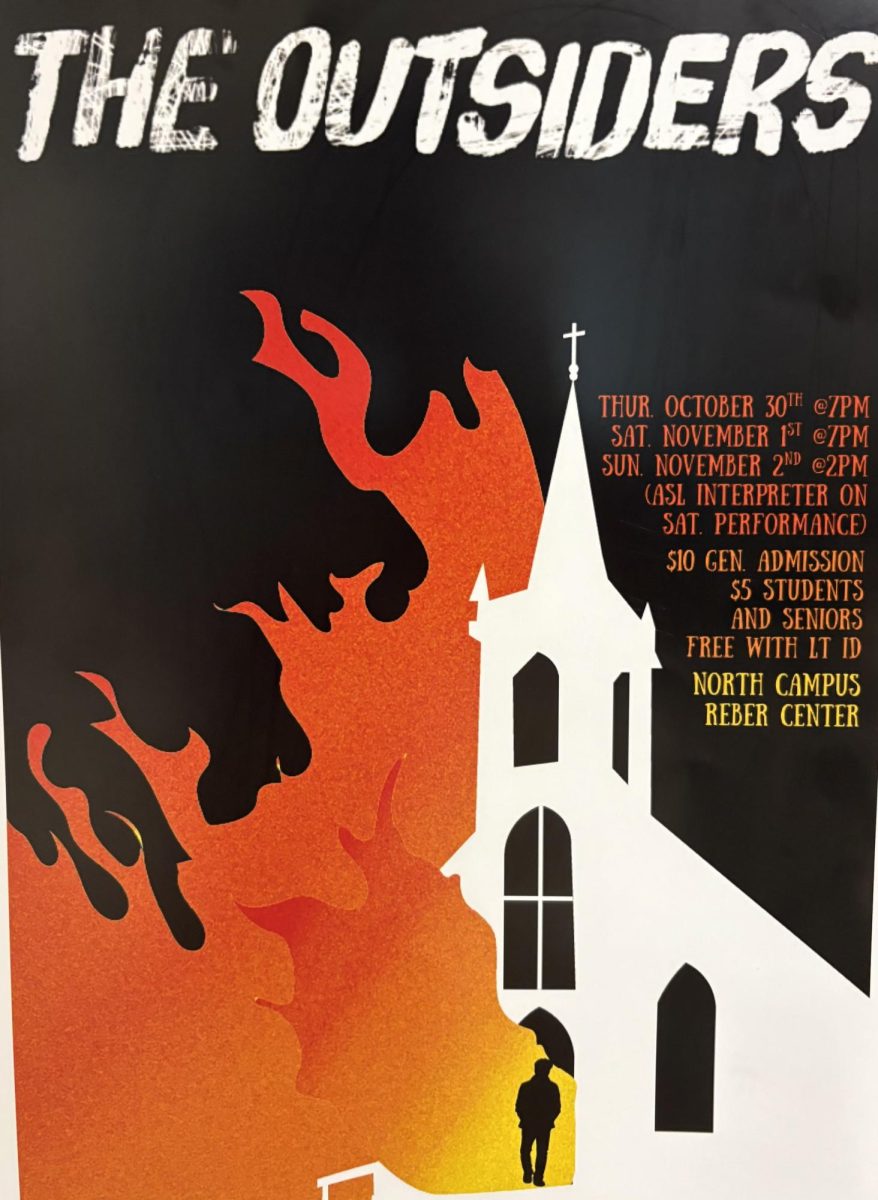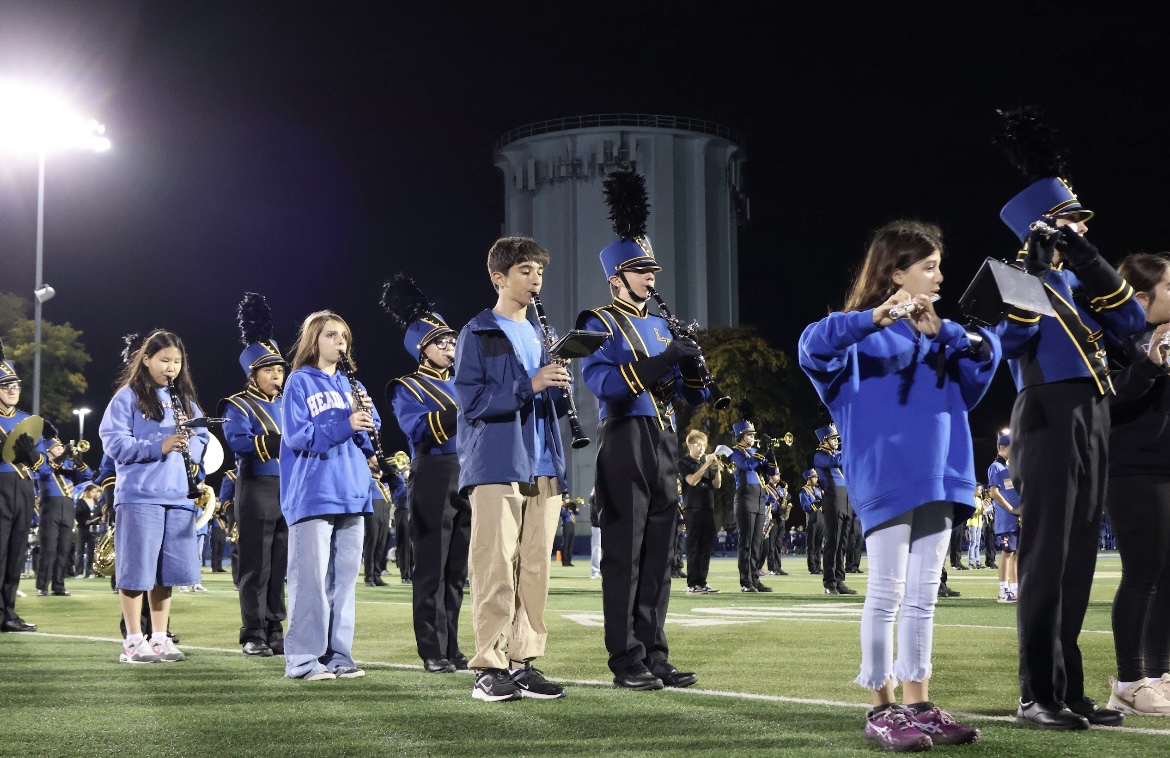Eileen Caveliere ‘27, slowly wakes up in the morning and immediately runs her day through her head. Instantly, she creates a list of tests or assignments for the day.
“My biggest fear for my future is not getting into a good college and then not being successful in college,” Caveliere said. “I try to turn my nerves into motivation and excitement to help me in sports and school.”
A lot of anxiety is geared towards perfectionism, or needing to do their absolute best in school, beyond an intense work ethic, according to the Child Mind Institute (CMI). Even when parents report that they urge kids not to stress over college admission, teenagers say they feel intense pressure to get those straight A’s.
“I am scared that the life I have planned out in my head will all go south,” Eve Muscato ‘27 said.
Experts cite that there has been an increase in pressure to succeed in school, according to CMI. However, an anxious lifestyle can be so distressing or so limiting that it leads to depression.
“I want to live a fulfilling life,” Nicole DiBraccio ‘29. “I think of all the bad possibilities and outcomes and then use that to fuel my motivation to try harder and study more.”
While some students are afraid of their own future, others worry whether they might be seen as incompetent or stupid, according to CMI. They’re really worried about doing something embarrassing. This can lead to school refusal, not because of school work itself, but because of the anxiety-related factors. These factors can include having a panic attack, randomly getting called on, or their appearance.
“Stress affects me every day by making it difficult to concentrate and hard to sleep,” DiBraccio said.
Symptoms of anxiety in teenagers are repeated reassurance seeking, avoidance of difficult and new situations, withdrawal from social activity, and sensitivity to criticism.
“I try to use rational thinking because my mind goes to a bunch of random scenarios, and if I do get myself really worked up, I try to use breathing tools,” Muscato said.
Stressful life events are among the most potent factors that trigger or induce depressive episodes in humans, according to the National Library of Health.
“When I see stories about college students regretting their majors or being stressed out, it makes me worry that I could end up in the same position,” Bebe Wright ‘26 said. “This pushes me to try new and challenging things in school and to stay open-minded about different opportunities in college so I can discover what I truly enjoy.”







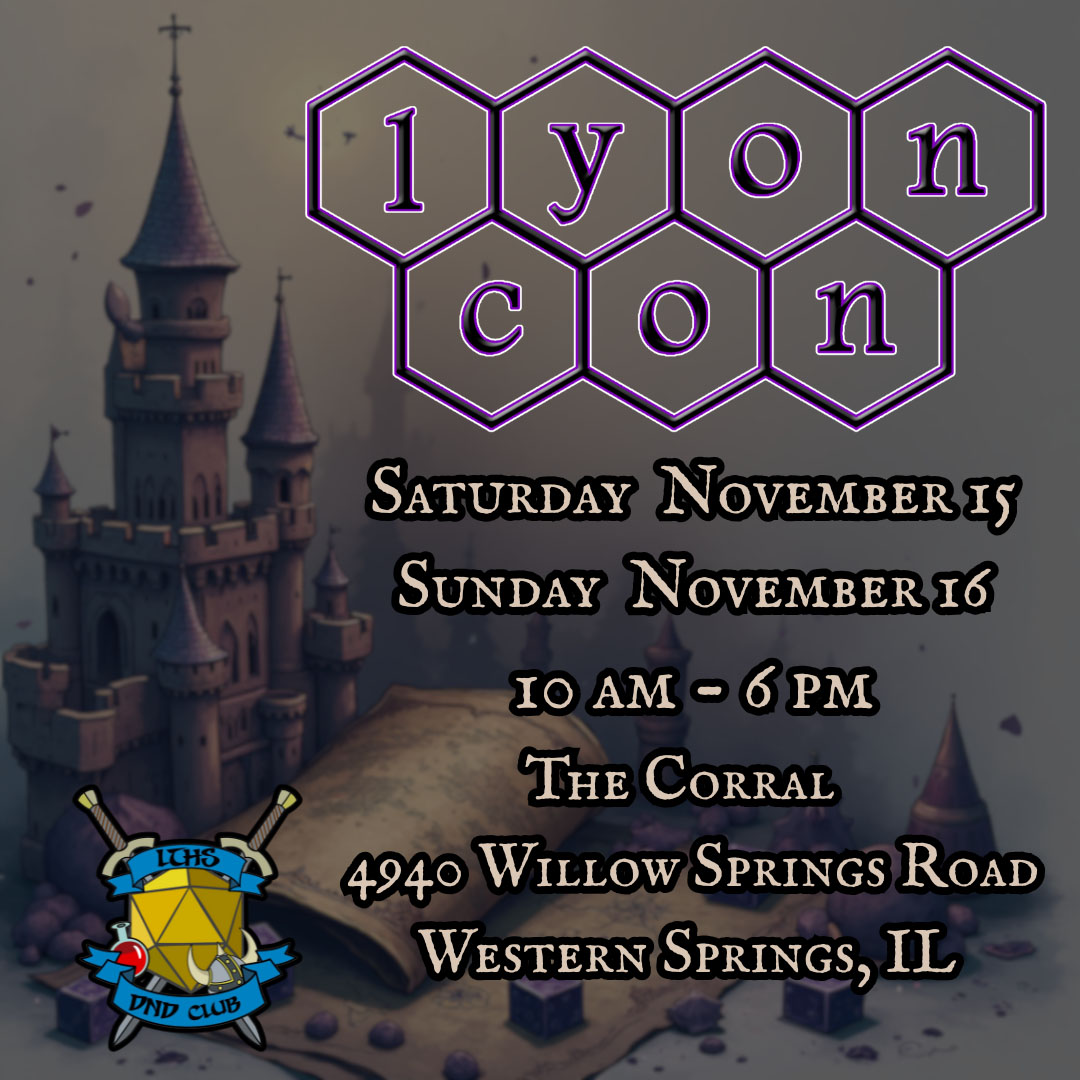
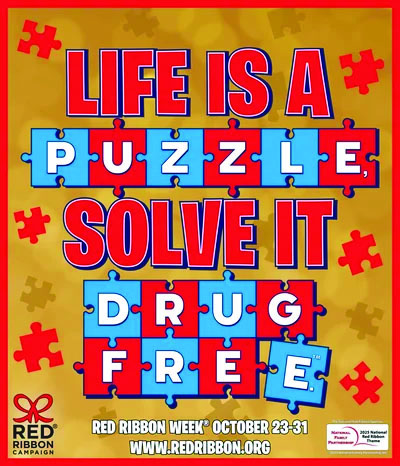
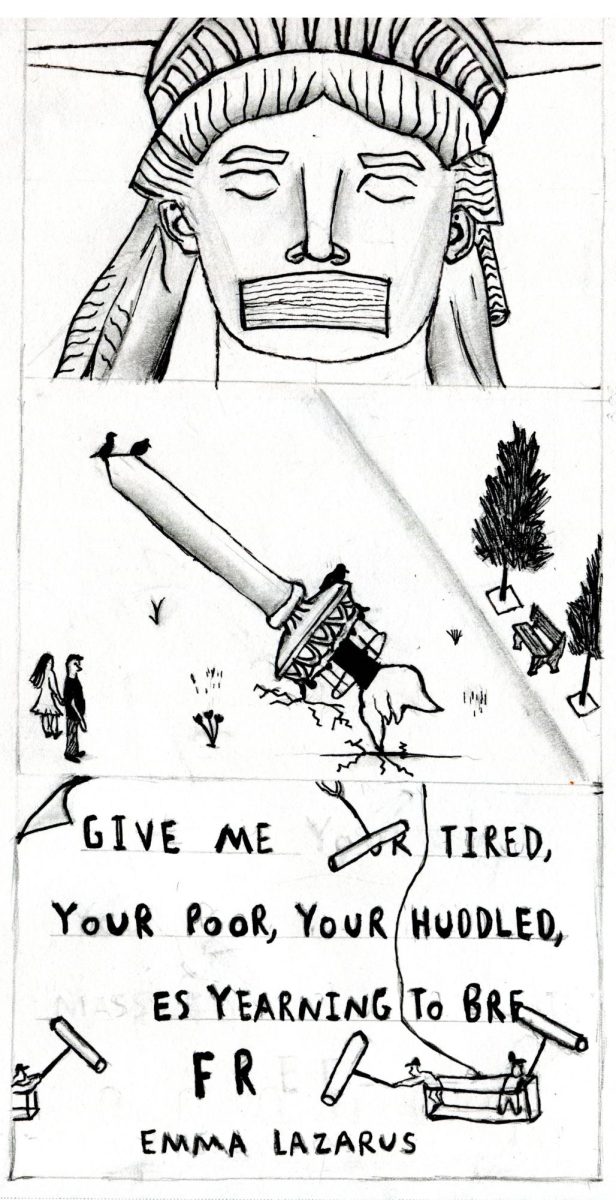
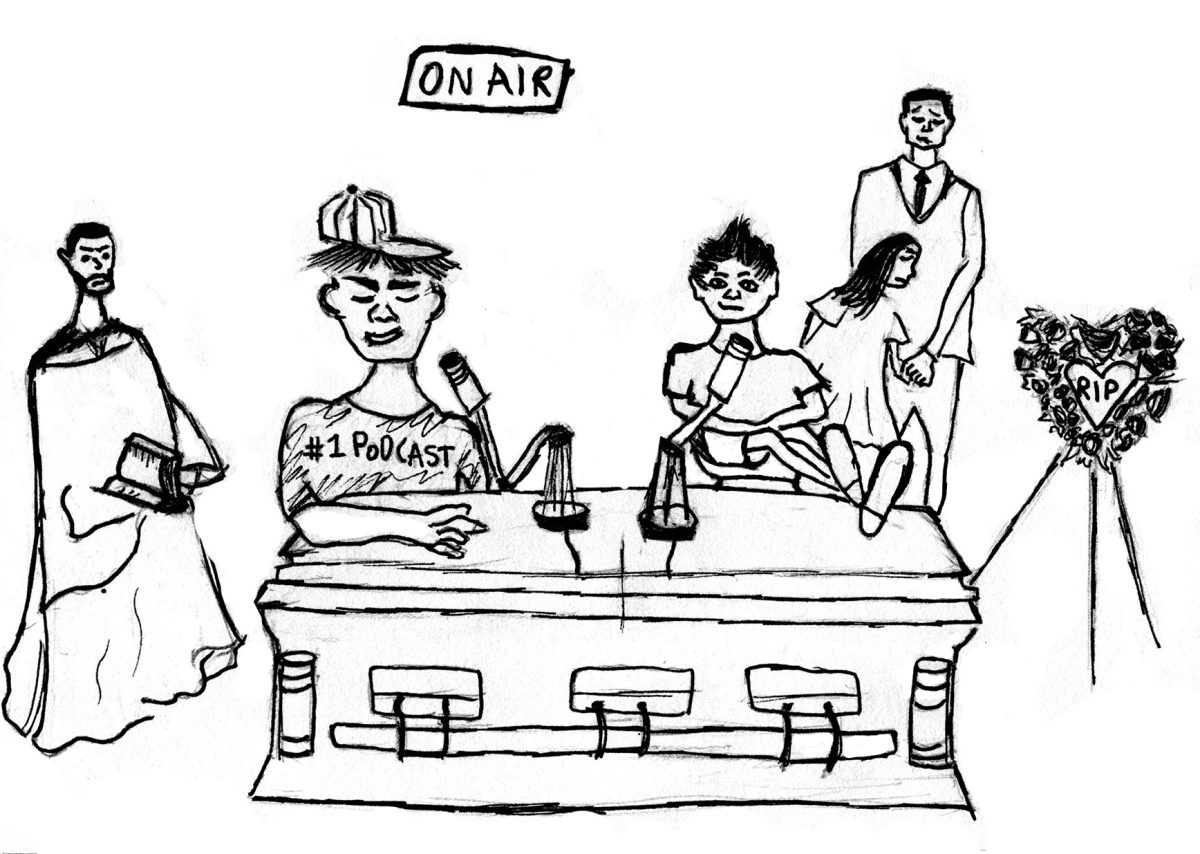


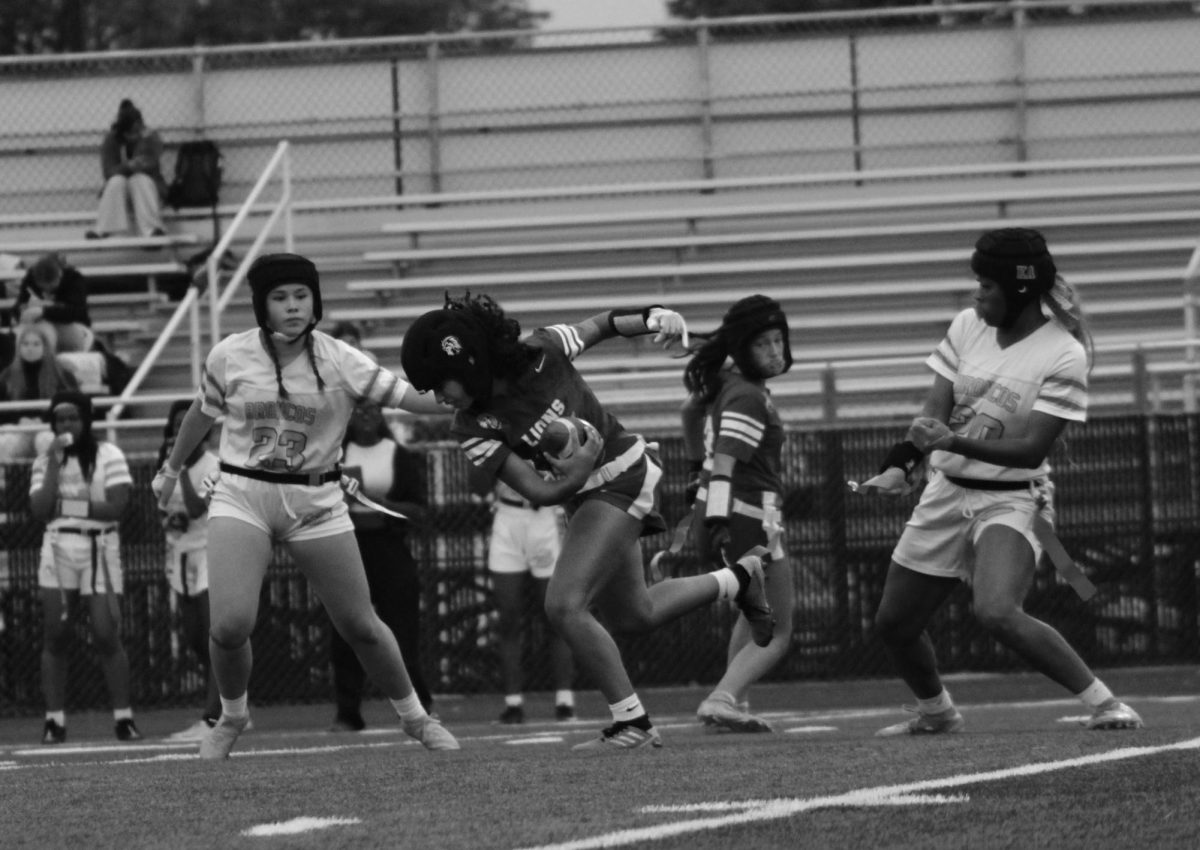







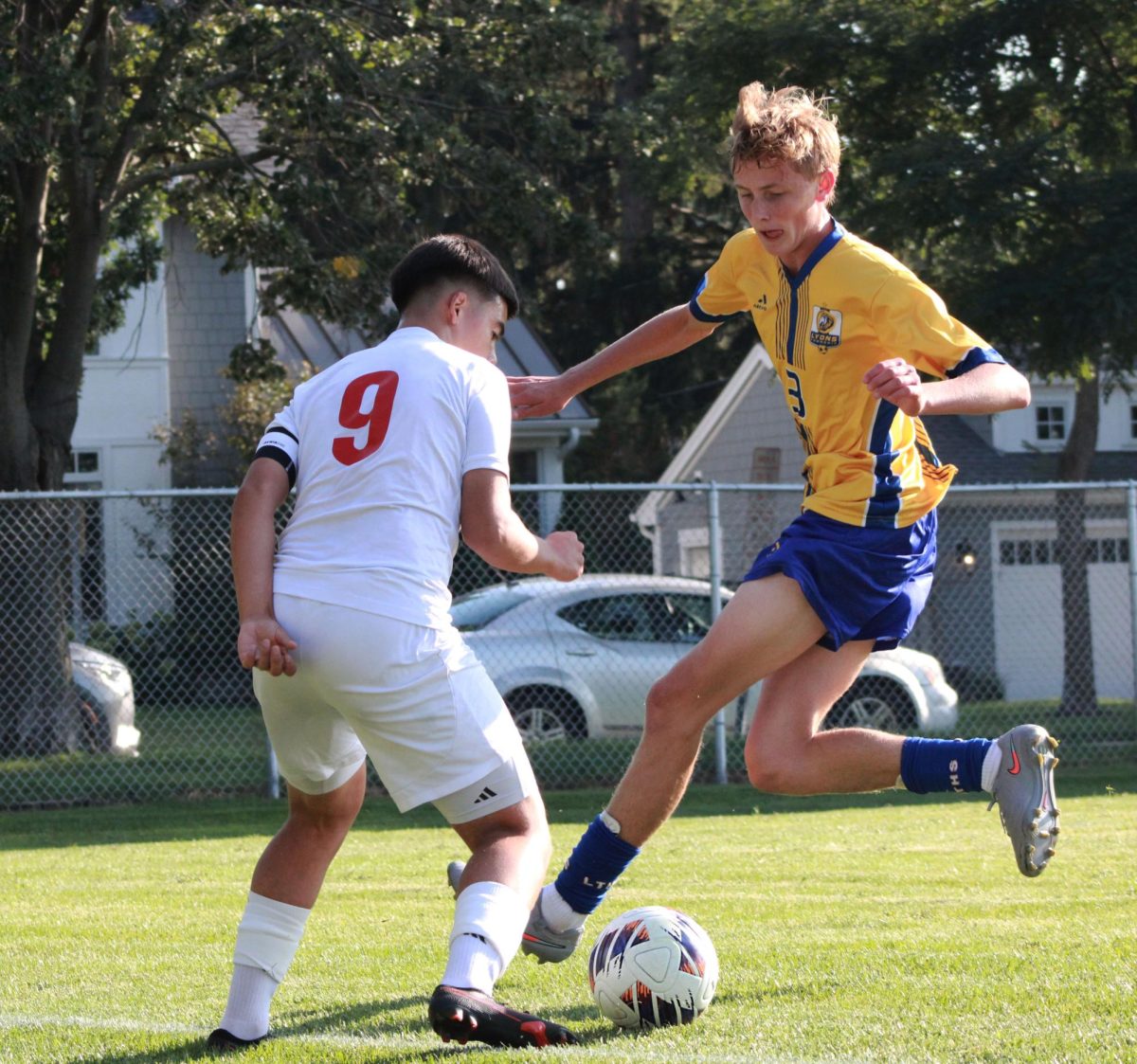






![Movie poster for '[Rec]" (2007).](https://www.lionnewspaper.com/wp-content/uploads/2023/04/rec-640x900.jpg)




